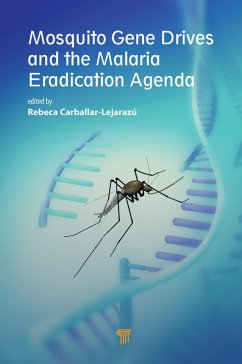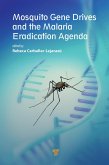Malaria is one of most serious infectious diseases today and has afflicted humankind for thousands of years. A significant number of people still die from this mosquito-borne disease, despite the use of various malaria prevention and control methods over hundreds of years and more than a century of coordinated global control efforts using modern tools, together with research into and development of new strategies for prevention, diagnosis, and disease treatment. Genetic approaches that focus on the vector mosquitoes to prevent malaria parasite transmission have been considered for many decades. Genetic control strategies received a significant boost with the successful development of gene drive systems, genetic methods for rapidly spreading beneficial genes and phenotypes through mosquito populations. This book reviews some concepts of gene drive systems and describes pioneering applications to control mosquito populations and prevent parasite transmission.
Dieser Download kann aus rechtlichen Gründen nur mit Rechnungsadresse in A, B, BG, CY, CZ, D, DK, EW, E, FIN, F, GR, HR, H, IRL, I, LT, L, LR, M, NL, PL, P, R, S, SLO, SK ausgeliefert werden.









